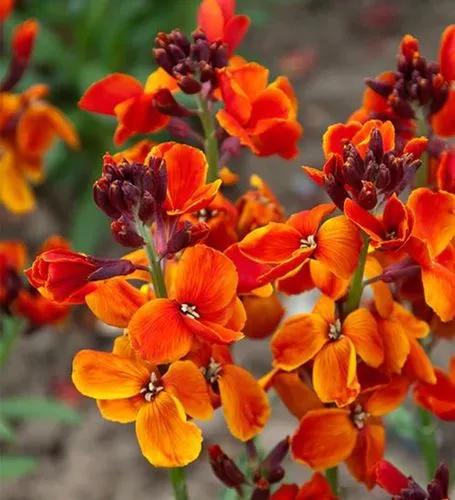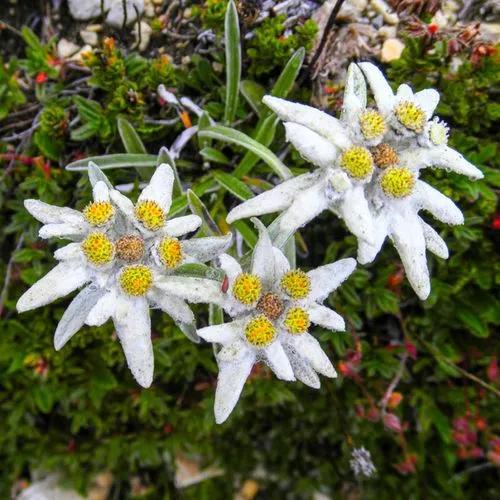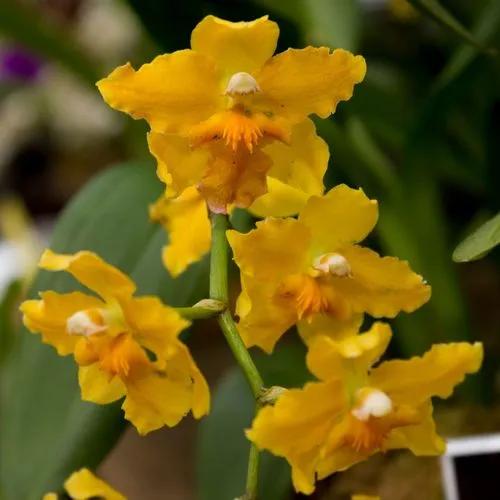Bacopa is a popular trailing plant with small, delicate flowers that bloom throughout the year. It is often used as a ground cover or in hanging baskets, making it a versatile and attractive addition to any garden.
Bacopa Care
Sutera cordata (diffusus)
Other names: Chaenostoma Cordatum



Sutera cordata is a perennial plant that originally comes from South Africa and belongs to the Plantaginaceae family. With its small, oval-shaped leaves and dainty white or pink flowers, it's a low-maintenance plant that's perfect for beginners. Plus, it's a hummingbird magnet, making it a fantastic choice for anyone looking to attract wildlife to their garden. The scientific name, Sutera cordata, means "densely tufted" and "heart-shaped" in Latin, referring to the plant's tufted appearance and the shape of its leaves.
How to Care for the Plant

Water

This plant is drought-tolerant, but it does prefer evenly moist soil. Water your Bacopa regularly, allowing the soil to dry out slightly between waterings. Avoid letting the soil dry out completely, as this can cause the leaves to wilt and the plant to become stressed.

Pruning

Bacopa is a fast-growing plant and may require pruning to keep it in shape. Prune the flower by trimming back any overgrown or leggy stems to promote new growth and maintain a neat appearance.

Fertilizer

This plant isn't a big eater and doesn't need a lot of fertilization. A balanced, all-purpose fertilizer once a month during the growing season should do the trick. Avoid over-fertilizing, as this can cause excessive foliage growth at the expense of flowers.

Sunlight

These plants thrive in bright, indirect light. It can tolerate some direct sunlight, but it is best to protect it from intense afternoon sun to prevent leaf scorch. Aim for 4-6 hours of bright, indirect light per day.

Soil

Although Sutera cordata isn't too fussy about soil types, it prefers soil that drains well and is rich in organic matter. You can use a good-quality potting mix or add some compost to the soil to keep your Bacopa happy.

Propagation

It can be propagated through stem cuttings or by dividing the plant. To propagate through stem cuttings, cut a 4-6 inch stem from a healthy Bacopa plant and place it in a rooting hormone before planting it in soil or water. To divide the plant, carefully dig up the Bacopa and separate the roots into smaller sections, making sure each section has at least one shoot and some roots. Plant the sections in separate pots or containers and water them well.

Temperature

It's a tropical plant and prefers warm temperatures. They prefer temperatures between 65-75°F (18-23°C) and can tolerate light frost.

Container

Bacopa is a trailing plant, so it is best suited for hanging baskets or containers with plenty of room for it to spread out. Choose a container with good drainage to prevent the roots from sitting in standing water.

Fun fact

It has been used for centuries in traditional Ayurvedic medicine as a natural remedy for anxiety and stress. It is believed to have calming effects on the mind and body and is still used for this purpose in modern times.

Popularity

287 people already have this plant 49 people have added this plant to their wishlists
Discover more plants with the list below
Popular articles






